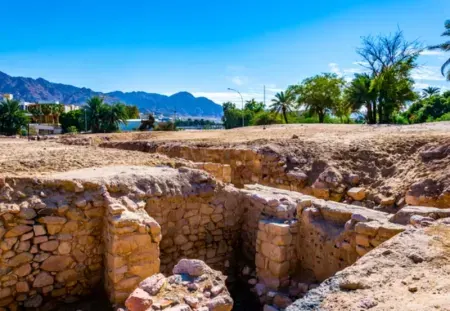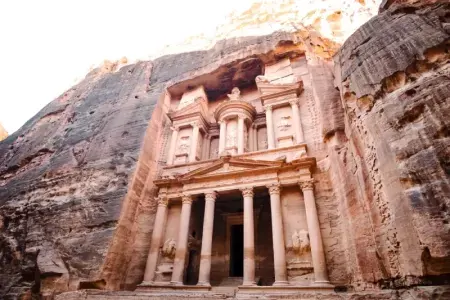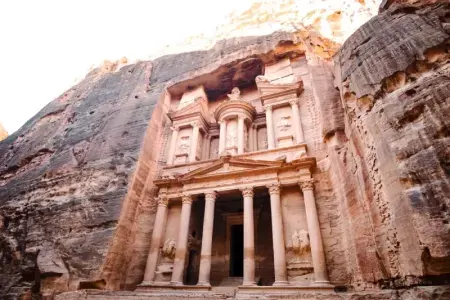Jordan is a land of incredible landscapes, ancient cities, and warm hospitality. For first-time travelers, it’s essential to know a few things to make your experience smooth and enjoyable. From the visa process to transportation options, here’s everything you need to know before visiting Jordan.

1. Visa Requirements and the Jordan Pass
Many travelers can get a visa on arrival, but it’s recommended to purchase the Jordan Pass online before arriving. This pass includes your visa fee and grants access to over 40 attractions, including Petra, Wadi Rum, and Jerash. It's an excellent value for those planning to visit multiple sites.
2. Best Time to Visit Jordan
Jordan experiences extreme seasons:
Spring (March to May): Pleasant weather, making it perfect for exploring Petra and Amman.
Summer (June to August): The heat can be intense, especially in desert regions like Wadi Rum.
Autumn (September to November): Ideal for outdoor activities and sightseeing.
Winter (December to February): Expect cold weather, with snowfall in northern areas like Amman and Petra.
3. Currency and Money Matters
The official currency is the Jordanian Dinar (JOD). Credit cards are widely accepted in urban areas and tourist sites, but it’s wise to carry cash for small purchases, local markets, and tipping. ATMs are easily found in major cities, and some hotels offer currency exchange services.
4. Cultural Etiquette and Dress Code
Jordan is a predominantly Muslim country, and respectful behavior is appreciated. Here are a few tips:
Dress Modestly: Women should cover their shoulders and knees, especially in rural areas. Men should avoid wearing shorts in religious sites.
Greeting Etiquette: A handshake is common, but it's polite to wait for the local person to initiate contact.
Mosque Visits: Women must cover their heads and wear loose clothing. Men should wear long pants.
5. Safety and Health in Jordan
Jordan is considered one of the safest countries in the Middle East. Crime rates are low, but it’s still advisable to remain vigilant, particularly in crowded places. Tap water is not recommended for drinking, so stick to bottled water. Pharmacies are readily available in cities for minor ailments.
6. Getting Around: Transportation Options
Taxis and Ride-hailing: Taxis are inexpensive, and ride-hailing apps like Uber and Careem operate in Amman.
Buses: Public buses connect major cities, but they can be confusing for tourists.
Car Rental: Renting a car is a great option for those wanting to explore independently. Roads are well-maintained, and signage is available in English.
7. Food and Dining
Jordanian cuisine is a delightful experience. Don’t miss the chance to try Mansaf, the national dish made with lamb and yogurt sauce, or Falafel from local street vendors. Alcohol is available in tourist areas, though it’s not as widespread as in Western countries.
8. Language and Communication
Arabic is the official language, but English is widely spoken in tourist areas. Learning a few basic Arabic phrases can enhance your experience and show respect for local culture.
Key Phrases:
Hello: Marhaba
Thank you: Shukran
Yes: Na’am
No: La










